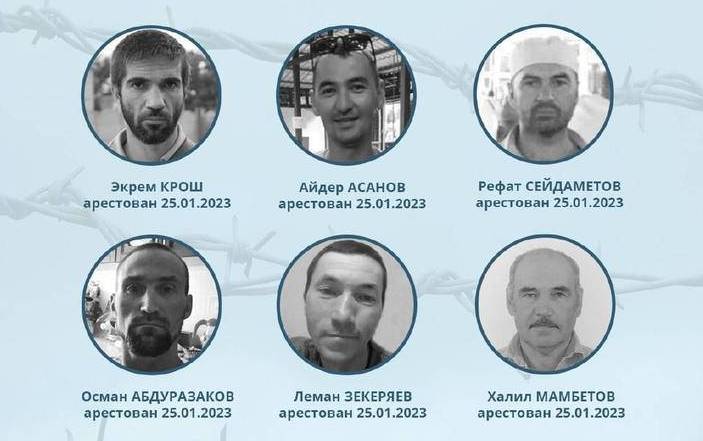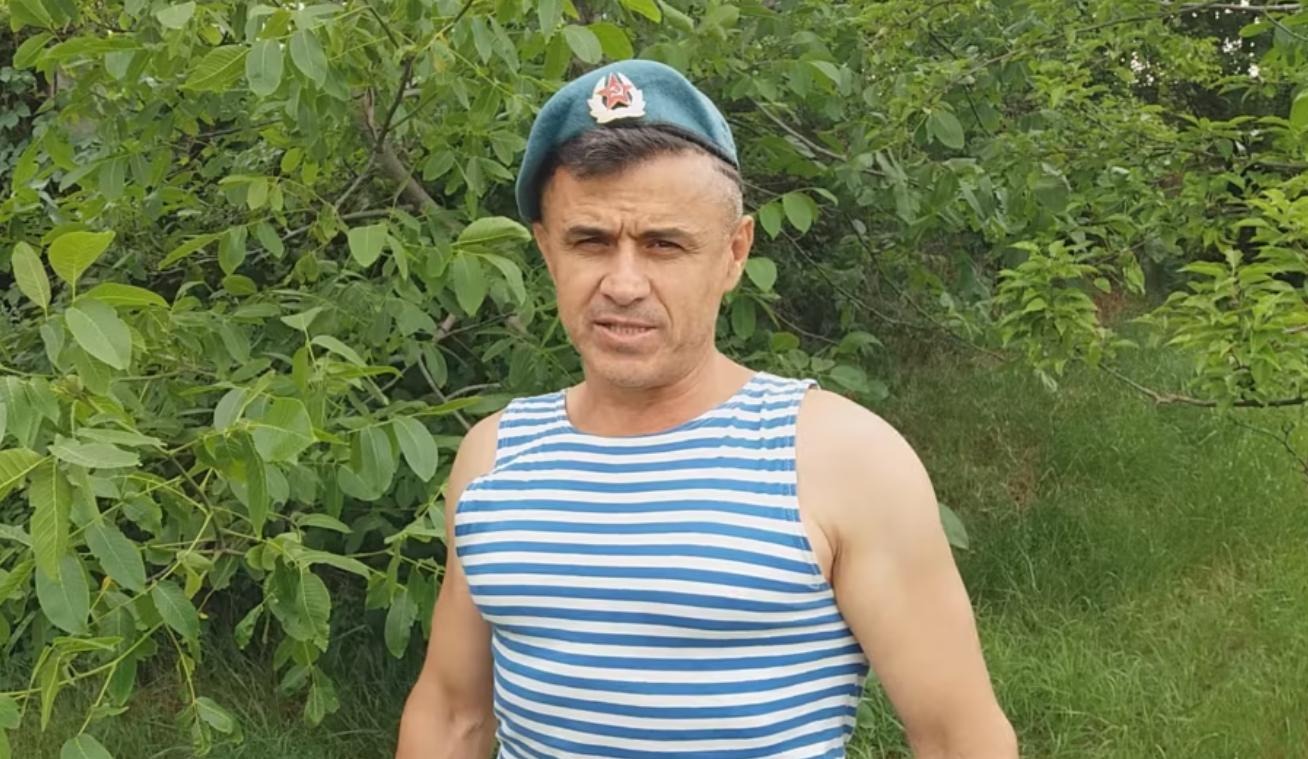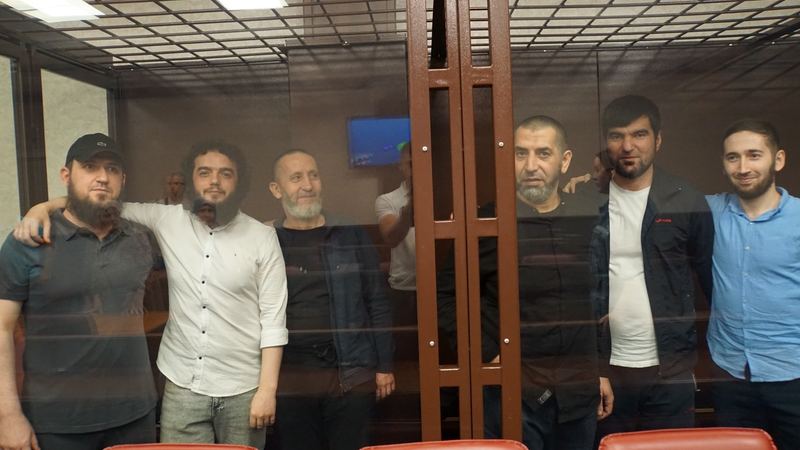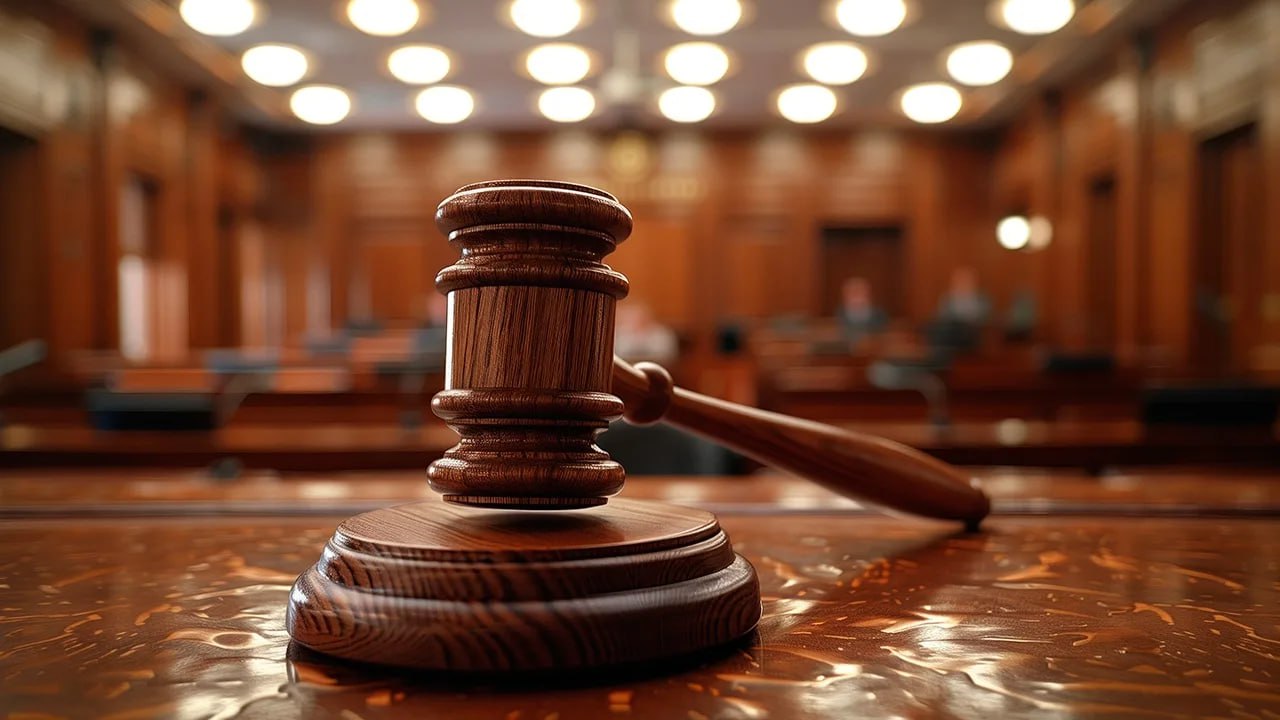As of January 1, 2026, Lada cars are the leading brand in the North Caucasus region's vehicle fleet. They account for a remarkable 50.7%, equivalent to 1.3 million vehicles.

The wife and two brothers of one of the defendants, Leman Zekeryaev, spoke at the hearing of the "second Dzhankoy group" in the Southern District Military Court. This was reported by "Krymskaya Solidarnost" with reference to lawyer Lilia Gemedzhi.
The wife of the defendant, Zera Dzhelilev, shared details of the search in their home.
"She testified that during the search in one of the cars parked near their home, one of the officers took out two books from under an unbuttoned coat [outerwear. - KS] and planted them, which did not belong to them [the Zekeryaev family], which she wrote down in the search protocol," Lilia Gemedzhi said.
In addition, according to the lawyer, the person being interrogated pointed out significant violations of the search procedure by the security forces. Thus, none of the household members were explained their rights and responsibilities, and the order to conduct the search was read out very quietly and indistinctly.
Zekeryaev's wife also noted that the investigator was in the kitchen while his subordinates were conducting the search. The woman had to keep an eye on them.
Leman Zekeryaev's brothers gave him a positive characterization. They are convinced that the Crimean Tatar has never been involved in terrorist activities.
Before his arrest, Leman Zekeryaev worked in a construction team. He is the father of three young children.
Early in the morning of January 24, searches began in the villages of the Dzhankoy district with the participation of operatives and FSB officers. The security forces detained and took six men to Simferopol. Among them were builders from Dzhankoy and the village of Dneprovka, Leman Zekeryaev and Osman Abdurazakov.
Ayder Asanov, Refat Seidametov, Khalil Mambetov and Ekrem Krosh were also taken to the FSB. All six detainees were remanded in custody.
The Crimean Tatars are accused of participating in the Islamic political party Hizb ut-Tahrir, which was recognized by the Supreme Court of the Russian Federation as a "terrorist organization" in 2003. Human rights activists claim that this decision was made in violation of transparency and equality of the parties, since only the prosecution, the FSB, participated in the closed trial. In Ukraine, as well as in most countries in Europe and the world, the organization operates legally and its members are not prosecuted.
The defendants in the case of the "second Dzhankoy group" are accused of meetings and discussions on religious and political topics.
Since January 2015, in Crimea, which came under the de facto control of Russia, criminal cases have been opened on a massive scale on the grounds of Hizb ut-Tahrir. According to human rights activists, party members are being prosecuted not for preparing a coup d'etat or terrorism, but for public actions against political repression in Crimea, systematic criticism of the Russian authorities, and mass disloyalty among Crimean Tatars in response to the events of 2014.



